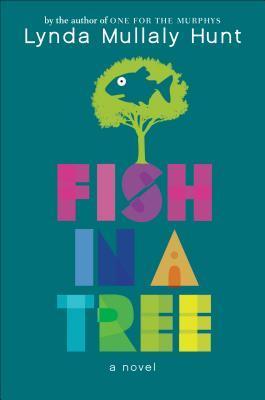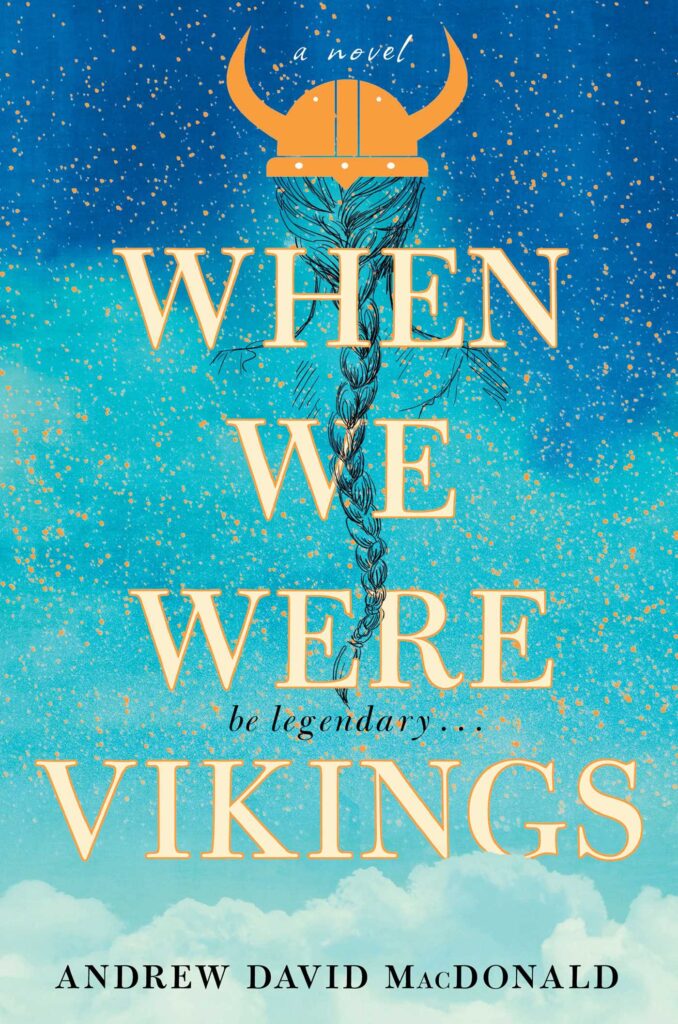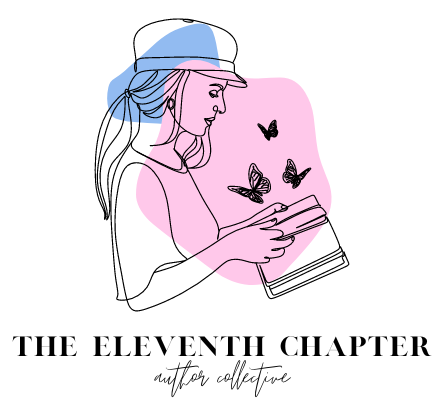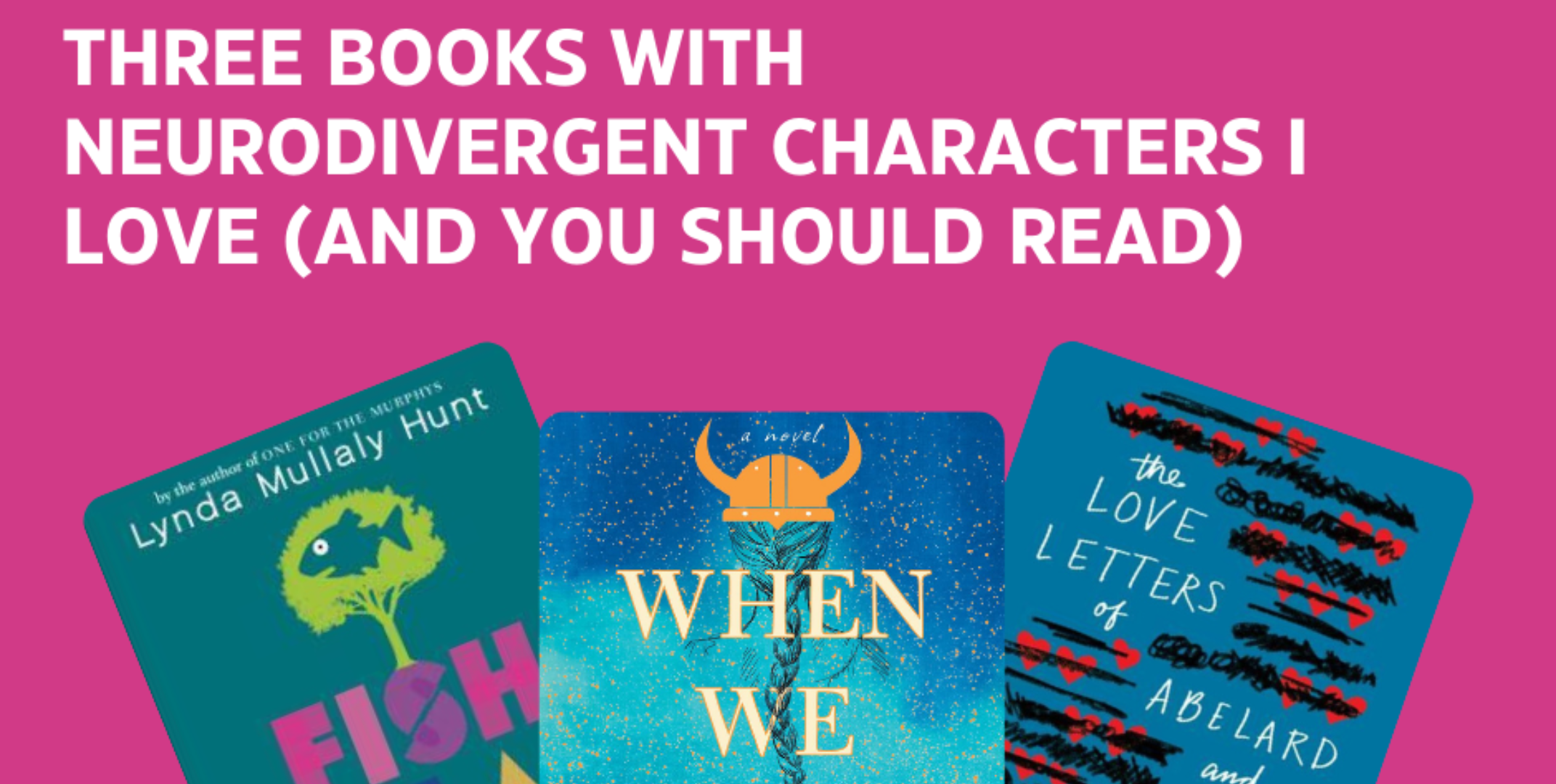By Sharon M. Peterson
Out of my family of six, two have autism, one has dyslexia, three have dysgraphia, one has ADHD, and another is currently being evaluated for ADHD. Not surprisingly, we all struggle with anxiety in one form or another. What I’m saying is that we put the spicy in neuro-spicy. We put the divergent in neurodivergent. We attempt to put the square peg in the round hole on the daily. And that’s pretty cool. I’ve found that out of all of us, there’s usually someone who can solve whatever problem is at hand and often not in the way anyone expected.
Not surprisingly, it’s become a passion of mine to seek out books with strong neuro-diverse representation. Over the last decade especially, there’s been a much-needed push for inclusivity, and we’ve seen authors like Helen Hoang (autistic), T.J. Klune (ADHD), Chloe Liese (autistic), and John Green (OCD, anxiety) explore their divergence in their writing.
Book written by these authors about these characters allow many of us to see ourselves represented in a way that often highlights both the struggles and strengths that come along with neurodivergence. Here are three books with neurodivergent representation that I loved (and think you should read):

TITLE: The Love Letters of Abelard and Lily
AUTHOR: Laura Creedle
GENRE: Young Adult
REPRESENTATION: ADHD
From the back cover:
When Lily Michaels-Ryan ditches her ADHD meds and lands in detention with Abelard, who has Asperger’s, she’s intrigued—Abelard seems thirty seconds behind, while she feels thirty seconds ahead. It doesn’t hurt that he’s brilliant and beautiful.
When Abelard posts a quote from The Letters of Abelard and Heloise online, their mutual affinity for ancient love letters connects them. The two fall for each other. Hard. But is it enough to bridge their differences in person?
This hilarious, heartbreaking story of human connection between two neurodivergent teens creates characters that will stay with you long after you finish reading.”
WHY I LOVED IT: Creedle herself has ADHD and her portrayal of how it affects every aspect of Lily’s life was incredibly eye-opening and, I suspect, deeply personal. I have recommended this book numerous times to teachers and anyone who wants to understand the effects of severe ADHD.

TITLE: Fish in a Tree
AUTHOR: Lynda Mullaly Hunt
GENRE: Middle Grade
REPRESENTATION: Dyslexia
FROM THE BACK COVER:
Ally has been smart enough to fool a lot of smart people. Every time she lands in a new school, she is able to hide her inability to read by creating clever yet disruptive distractions. She is afraid to ask for help; after all, how can you cure dumb? However, her newest teacher Mr. Daniels sees the bright, creative kid underneath the troublemaker. With his help, Ally learns not to be so hard on herself and that dyslexia is nothing to be ashamed of. As her confidence grows, Ally feels free to be herself and the world starts opening up with possibilities. She discovers that there’s a lot more to her—and to everyone—than a label, and that great minds don’t always think alike.
WHY I LOVED IT: This book was required reading for my son when he was in fifth grade and he begged me to read it when he was done. As he’s my kiddo with dyslexia, it was clear seeing his own struggles in a book had a huge impact on him. I loved that the author took time to show us the main character’s strengths as much as her struggles. Highly recommend. Great “read with your kid” book.

TITLE: When We Were Vikings
AUTHOR: Andrew David MacDonald
GENRE: Contemporary Fiction
REPRESENTATION: Fetal Alcohol Syndrome
FROM THE BACK COVER:
Sometimes life isn’t as simple as heroes and villains.
For Zelda, a twenty-one-year-old Viking enthusiast who lives with her older brother, Gert, life is best lived with some basic rules:
1. A smile means “thank you for doing something small that I liked.”
2. Fist bumps and dabs = respect.
3. Strange people are not appreciated in her home.
4. Tomatoes must go in the middle of the sandwich and not get the bread wet.
5. Sometimes the most important things don’t fit on lists.
But when Zelda finds out that Gert has resorted to some questionable—and dangerous—methods to make enough money to keep them afloat, Zelda decides to launch her own quest. Her mission: to be legendary. It isn’t long before Zelda finds herself in a battle that tests the reach of her heroism, her love for her brother, and the depth of her Viking strength.
When We Were Vikings is an uplifting debut about an unlikely heroine whose journey will leave you wanting to embark on a quest of your own, because after all…
We are all legends of our own making.
WHY I LOVED IT: This was truly a coming of a age story for Zelda. She is desperate to become independent and struggles with the skills she might need to do it. As a mom to children with developmental and intellectual disabilities, I found myself seeing so much of my children’s struggles in hers. Her relationship with her brother and caretaker tugged at my heart too. They open and frank conversations about hard topics hit close to home, too. Please check the content warnings before delving into this one.
HONORABLE MENTIONS:
- 600 Hours of Edward by Craig Lancaster (Contemporary fiction, autism)
- The Girl He Used to Know by Tracey Garvis-Graves (Romance, autism)
- Yours, Truly by Abby Jimenez (Romance, anxiety)
What books featuring neurodivergent characters have touched you in some way?

